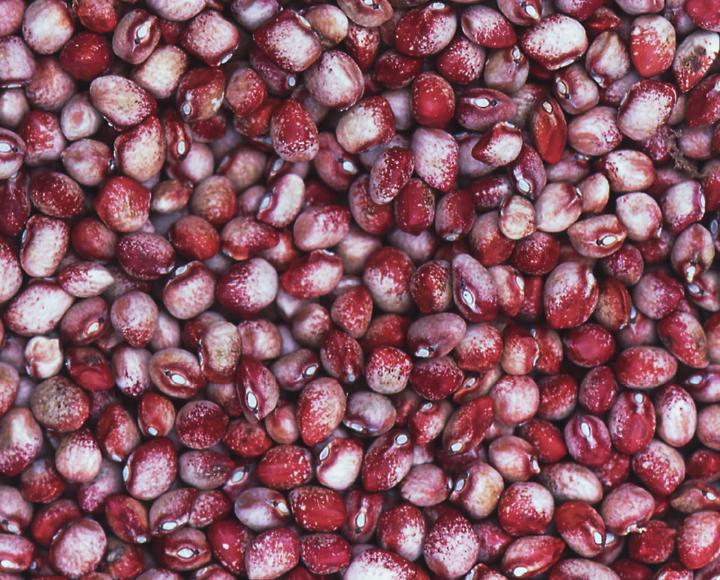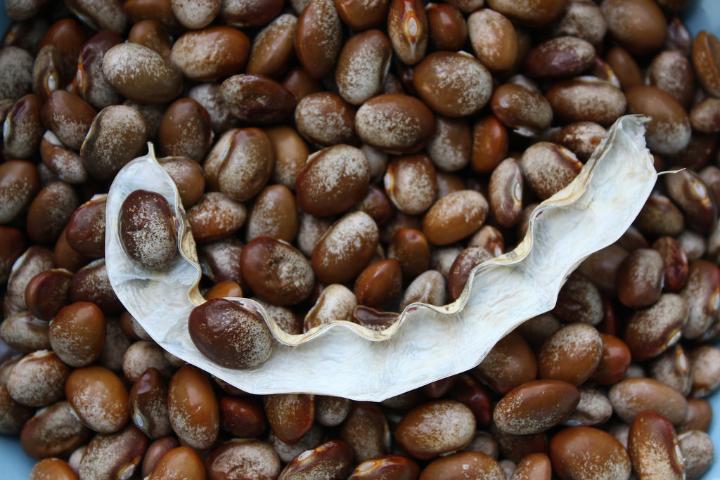Understanding the Differences Between Hybrid, Open-Pollinated, GMO, and Heirloom Seeds
When selecting seeds for your garden or farm, you may come across terms like hybrid, open-pollinated, GMO, and heirloom. Understanding the differences between these seed types allows you to make the best choice for your growing conditions and sustainability goals. Whether you choose heirloom seeds for their rich history or hybrids for their productivity, each type has a valuable role in agriculture and home gardening.
At Terre Promise, we proudly sell open-pollinated seeds because we believe they are better for the future of our planet. By preserving biodiversity and supporting sustainable agriculture, heirloom seeds ensure a resilient future for generations to come.
Hybrid Seeds
Hybrid seeds are created by intentionally cross-pollinating two different parent plants to produce offspring with specific desirable traits, such as disease resistance, higher yields, or uniformity in size and shape. This process, known as F1 hybridization, results in vigorous plants, but their seeds do not reliably produce the same characteristics in the next generation. This means gardeners and farmers need to purchase new seeds each season if they want consistent results.
Pros:
Supposedly higher yields and uniform growth
Increased resistance to diseases and pests (according to the companies selling them)
Improved vigor and adaptability
Cons:
Seeds cannot be reliably saved for future planting, requiring yearly purchases
Require more inputs (such as fertilizers and pesticides) to maintain performance
Lack genetic diversity, making them less adaptable to changing conditions
Open-Pollination Seeds
Open-pollinated (OP) seeds are pollinated naturally by wind, insects, or animals, allowing them to maintain their genetic traits over generations. As long as cross-pollination with other varieties is controlled, these seeds will produce plants similar to the parent plant.
Pros:
Seeds can be saved and replanted with consistent results
Greater genetic diversity, allowing better adaptation over time
Generally more affordable than hybrids and often produced by local seed growers
Cons:
More sensitive to environmental variations
Some varieties may have lower yields compared to hybrids

GMO Seeds
Genetically Modified Organism (GMO) seeds are created in a laboratory using genetic engineering techniques to insert specific genes into a plant’s DNA. These modifications are often made to enhance resistance to pests, herbicides, or environmental conditions. GMO seeds are primarily used in commercial agriculture and are heavily regulated.
Pros:
Supposedly increased resistance to pests and diseases
Improved crop performance in extreme conditions
Cons:
Environmental and ethical concerns regarding biodiversity and seed control by large corporations
Seed-saving restrictions due to patents
-
Most often used alongside pesticides

Heirloom Seeds
Heirloom seeds are a type of open-pollinated seed that has been passed down for generations (usually more than 50 years) within families, communities, or specific regions. These seeds are valued for their historical significance, unique flavors, and adaptability to local growing conditions. They are also known as heritage, traditional, or peasant seeds. What makes them special is that they also carry stories—the history of the people who cultivated them. They are like small capsules of collective memory.
Pros:
Superior taste and unique characteristics
Can be saved and replanted each season (saving money!)
Helps preserve agricultural biodiversity
Cons:
May lack resistance to disease that modern hybrids have
Difficult to find on the market